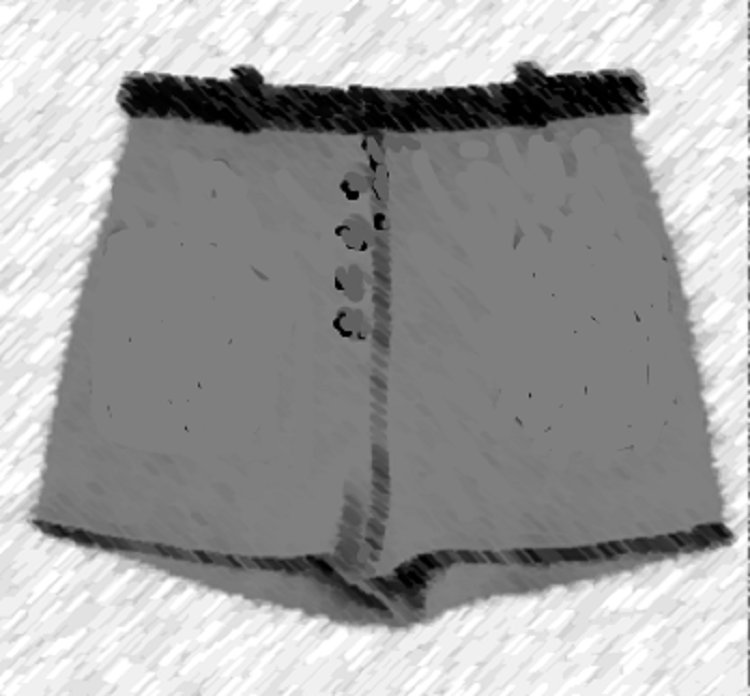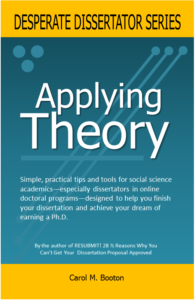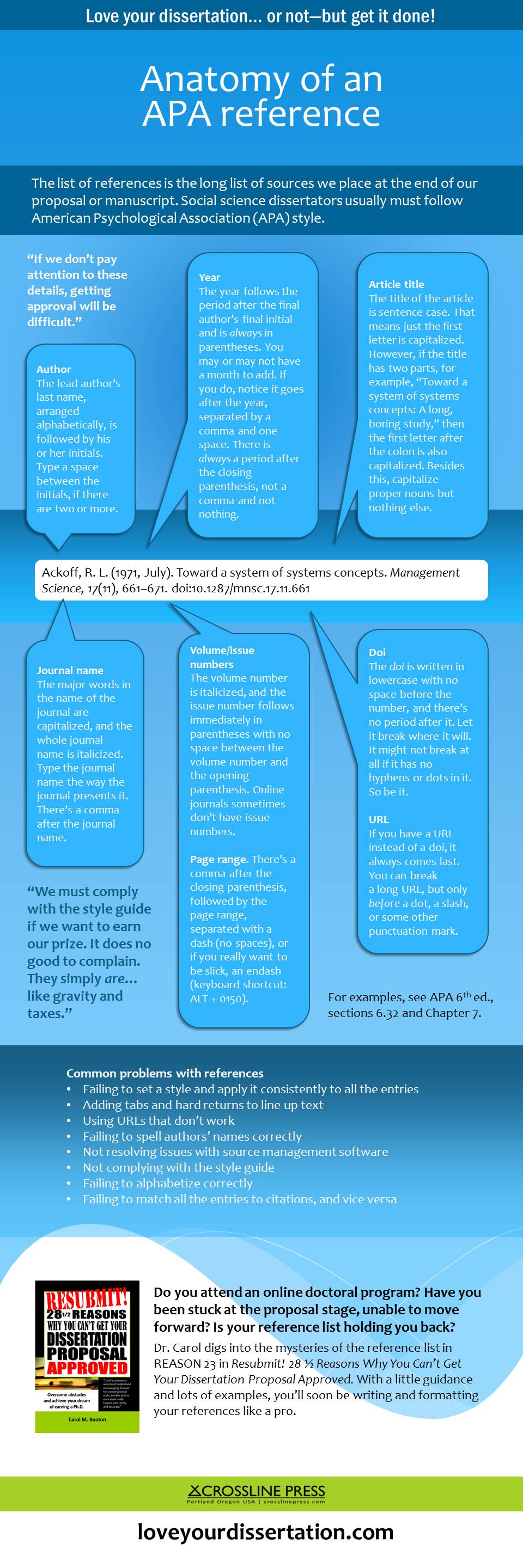When I was a teenager, I would start sewing a garment, make a total mess of it, realize the endeavor was hopeless, and consign the pile of abused fabric to the trash in disgust. What might I have learned, what might have I created from the debacle if I had kept working at it, seeking creative ways to turn my mistakes into something useful? Back in the 1970s, fashion trends being that they were, if nothing else, I could have made several pairs of hot pants.
I can think of some things that are obviously best abandoned as soon as possible. For example, consuming a big plate of peas—I don’t care that much for peas. (I recommend dropping them under the table for the cat—that worked when I was a kid), or walking two miles if my bladder starts to tingle at mile 1 (I never argue with my bladder). Life does not have to be a torturous slog unless I want it to be, not if I was lucky enough to be born in this place and time. Misery is optional.
Now that I’m old(er), I recognize that some battles aren’t worth fighting. For example, jobs that didn’t suit me, relationships that weren’t working… I don’t like to admit defeat, but I’ve learned sometimes it is best to call it a day. Twisting myself into a pretzel to maintain a job or relationship might give me a sense of grim accomplishment in the short term; however, in the long term, I will regret the time I spent trying to save something that wasn’t worth saving. In other words, fish or cut bait. Have you heard that expression? I’ve only been fishing once, and it was not a successful or gratifying experience, but I like the idea behind the metaphor. Either do it, that thing I am whining about, or give it up and move on.
Some big dreams are hard to abandon, even when pursuing them seems to drag me further into disappointment—for example, my elusive art “career.” When I was young and naïve, some friends I trusted told me painting was dead. Around that same time, my parents warned me I’d better learn how to type if I wanted to support myself. I believed them.
In contrast, some dreams I wish I had jettisoned when there was still time to take another path—I’m thinking of my pursuit of a doctorate. Where were my friends and family then? They encouraged and supported my dream. You can do it, they said, and I believed them. If I had spent the last forty years working on my art instead of bouncing from job to job, school to school, I wonder where I’d be now.
On the other hand, persisting in the face of obstacles can be character-building. Maybe I wish I hadn’t spent eight years and $50,000 on a doctorate, but the dogged determination I developed along the way serves me daily as I work to create my next adventure. What can we learn by not giving up too soon?
I wish we had a way to tell the future, so we could know if it was time to persist or time to pivot. If you have an Magic 8 ball that gives you more than “Future cloudy, try again later,” lucky you, and where can I get one?
Every day we get the choice: continue toward that dream or pivot toward a new one. As long as we are pursuing something that interests us, does it really matter what dream we attain? Does the destination matter? Maybe we are only fully alive when we are on the journey.
Do you have a dream waiting for your attention? Is it time to finish that doctorate? Or is it time to pivot to a new dream?
=====================================
Applying Theory
Dissertators often struggle to choose and apply a theoretical framework to their research projects. In this helpful guide, I offer suggestions from my own experience. In addition, I reveal how other dissertators have applied theory successfully and earned their doctorates.
Written in a friendly, nonscholarly manner, I demystify the challenges of applying academic theory to a research project. You will learn that theory is nothing to fear—in fact, we all use theory all the time! With the help of this powerful little book, you will learn to master theory and achieve your dream of earning your Ph.D.
Print version $15.99
Kindle version $7.99
Resubmit! 28 ½ Reasons Why You Can’t Get Your Dissertation Proposal Approved
This comprehensive book is the missing link for dissertators who have struggled to get their proposals approved. This indispensable book bulges with insights, suggestions, examples, diagrams, and practical tips, written especially for the online dissertator who may receive little support during the proposal process.
I present solutions to address twenty-eight potential reasons why you might be struggling to get your proposal approved. For example, you will learn how to write a clear problem statement, devise research questions and hypotheses, and align the elements of the proposal to facilitate speedy approval. I unlock the mysteries of Word and Excel to show you specifically how to use these tools for your proposals. Over 200 tables and figures show you exactly what to do. As a bonus, you will learn how to design a web-based survey and make a plan for fielding and analyzing the data. In this book, I cover it all to help you overcome obstacles and finish your dissertation.
Free templates and worksheets are available here.
Print version $29.99
Kindle version $9.99






